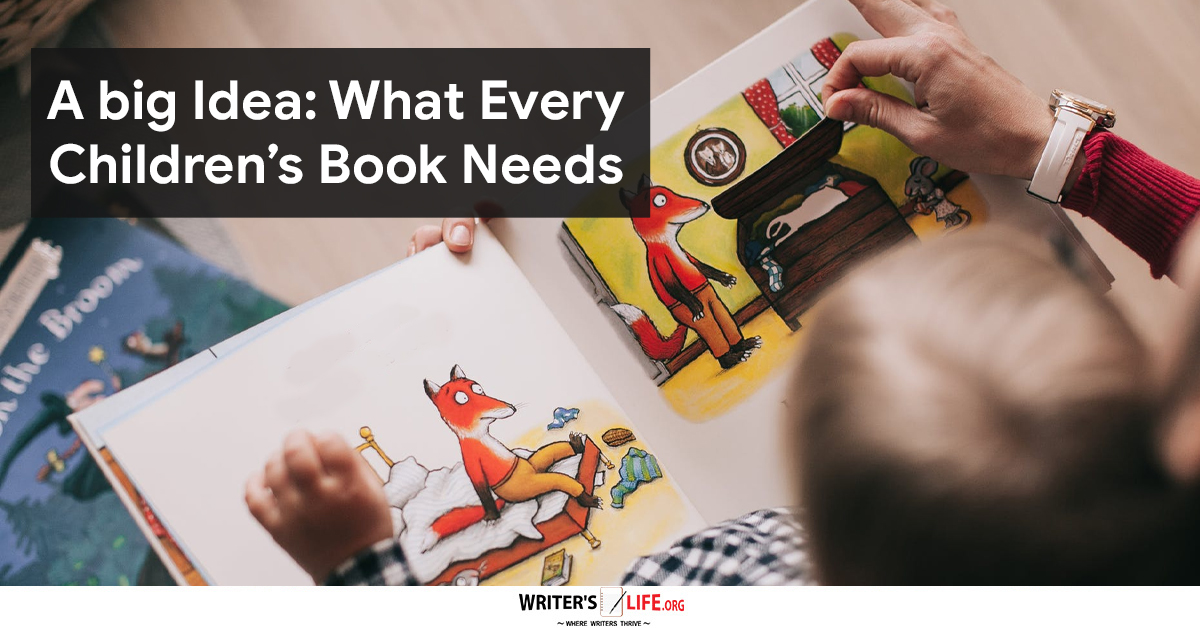- How To Tackle Jealousy In Creative Writing
- Common Submission Mistakes
- How To Stop Your Blog Becoming Boring
- The One Thing Every Successful Writer Has In Common
- How To Make Yourself Aware Of Publishing Scams
- Why Almost ALL Writers Make These Grammar Mistakes At Some Point
- 5 Tips For Authors On How To Deal With Rejection
- Top Mistakes to Avoid When Writing a Novel
- How to Avoid Common New Writer Mistakes
- 10 Mistakes New Fiction Writers Make
A Big Idea: What Every Children’s Book Needs

When it comes to creating a great story, writers know that the whole plot needs one big idea that all the action revolves around. Never has this been truer when trying to write a children's book.
Children have shorter attention spans and wilder imaginations than your usual grown-up reader. This means that if you want to engage them and keep them interested, your book idea needs to be significant.
A book is meant to last forever, to be timeless, and something that can be passed through the generations and still enjoyed. The best children's stories have stood the test of time and are retold time and time again. While there may be new stories that come and go, the classics are being shared, reworked, made into animations, and so on. Think about how many children's novels have been tweaked for a contemporary audience? The Jungle Book? Alice in Wonderland? Charlie and the Chocolate Factory? Rapunzel?
These stories are successful because they have big ideas, ones that are carefully woven together to tell tales of adventure, packed with emotion with big life lessons to learn.
Advice for writing a children's book
So how can you ensure that your idea will work? Ask yourself the following questions:
Does your idea have lasting qualities?
Will your idea contain big emotions?
Does your idea tell essential life lessons and have moral elements?
Is your idea packed with action and adventure?
Is your protagonist someone that children will adore?
The characters in a children's book all need to be relatable but also have certain qualities that make them exciting. They should be magical, brave, and have to overcome obstacles to achieve their goals.
Ask the right questions - get the right answers!
If you ask yourself the above questions and you feel that your story doesn't quite hit the mark, you can use them as guidance to try to adapt your idea to make it bigger. Perhaps you need to figure out how to include life lessons or vital teachings that children need to learn; perhaps you need to inject some drama and make the story more emotional. If there isn't enough action to keep little readers engaged, rework your plot so there is more at stake, and the journey the protagonist must go on is full of twists and turns and lots of energy.
Writing a successful children's story can be tough. But by focusing on first perfecting your big idea, you'll know that you are starting with something worth exploring. Good luck!
So now you know about the elements a children's book needs to be successful, why not discover our guide to self-publishing a children's book?






























